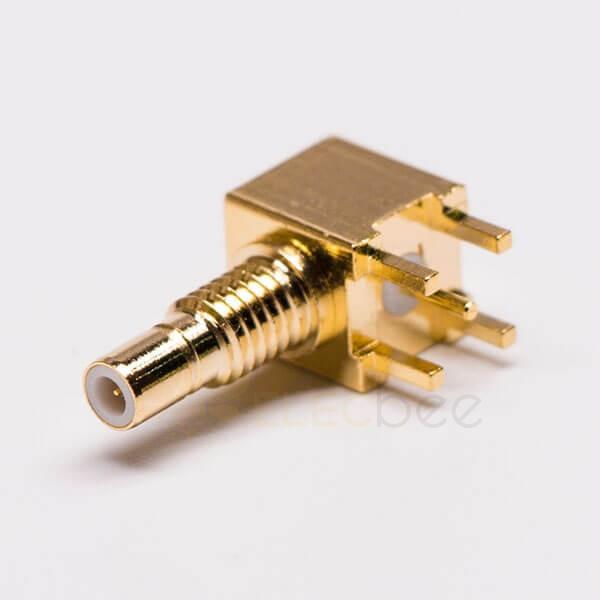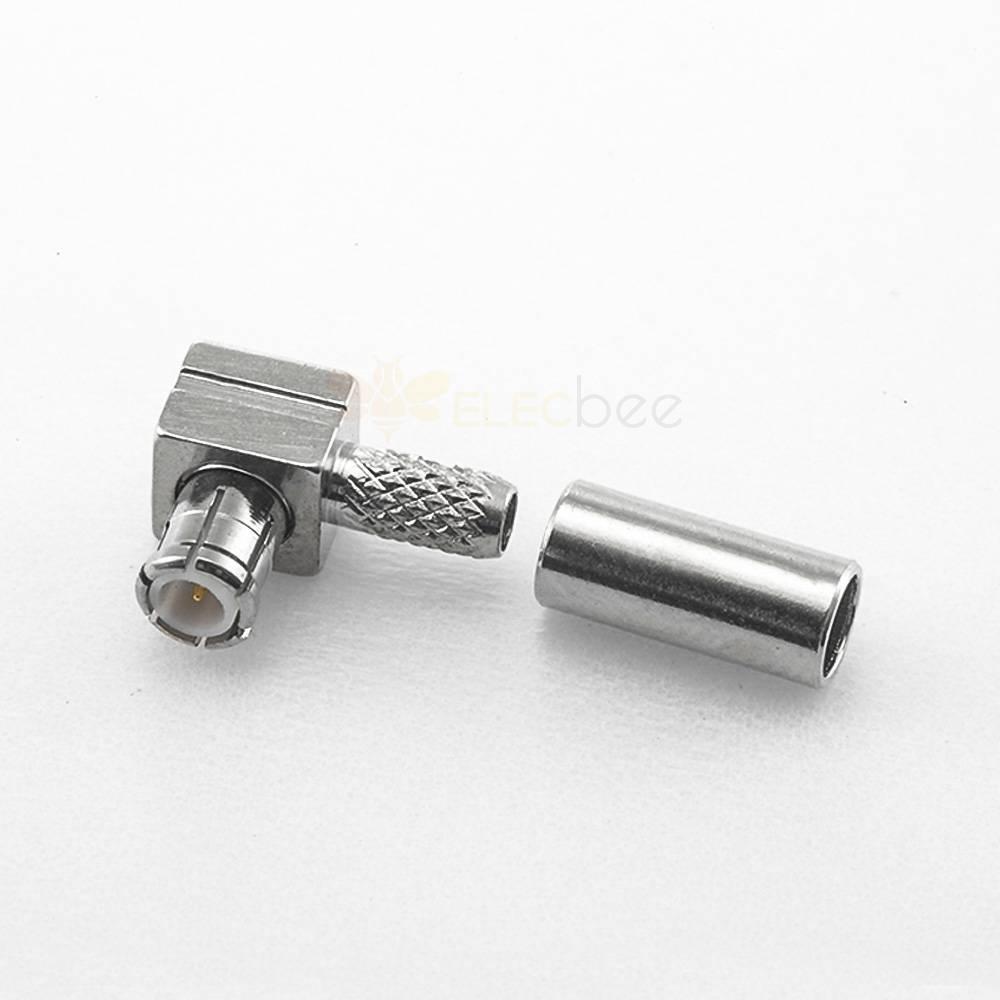In the world of electronics and telecommunications, connectors play a vital role in providing seamless data and signal transmission. Among the vast array of connector types, SMB and MCX connectors have gained popularity for their unique features and applications. This article delves into the key differences between these two connectors, highlighting their design, specifications, and use cases. By understanding these distinctions, you will be better equipped to choose the right connector for your specific needs.
Overview of SMB and MCX Connectors
Before diving into the differences, let's first understand what SMB and MCX connectors are.
SMB Connectors
SMB (SubMiniature version B) connectors are coaxial RF connectors developed in the 1960s. They have gained popularity for their compact size, excellent electrical performance, and quick, secure mating mechanism. SMB connectors are suitable for applications with a frequency range up to 4 GHz, making them ideal for telecommunications, wireless communication systems, and test equipment.

MCX Connectors
MCX (Micro-Coaxial) connectors, introduced in the 1980s, are another type of coaxial RF connector. They are smaller than SMB connectors and feature a snap-on coupling mechanism. The frequency range for MCX connectors is up to 6 GHz, making them suitable for high-speed data applications, GPS systems, and wireless communication equipment.

Design and Dimensions
One of the most apparent differences between SMB and MCX connectors is their size and design.
SMB Connectors: Compact and Reliable
SMB connectors have a compact design with a 50-ohm impedance. Their outer diameter typically measures around 3.6 mm, while the overall length ranges from 15 to 20 mm. The connectors feature a gold-plated center contact and a snap-on coupling mechanism that ensures secure and reliable connections.
MCX Connectors: Smaller and Versatile
MCX connectors are even smaller than SMB connectors, with an outer diameter of approximately 2.4 mm and an overall length of 10 to 15 mm. They also have a 50-ohm impedance and a gold-plated center contact. However, the most significant difference lies in the coupling mechanism - MCX connectors have a versatile snap-on coupling that allows for 360-degree rotation, providing flexibility and ease of use in tight spaces.
Performance and Frequency Range
When it comes to performance and frequency range, MCX connectors have the edge over SMB connectors.
SMB Connectors: Up to 4 GHz
SMB connectors are designed for applications with a frequency range up to 4 GHz. They offer excellent electrical performance and low insertion loss, making them suitable for various applications in telecommunications and wireless communication systems.
MCX Connectors: Up to 6 GHz
With a higher frequency range of up to 6 GHz, MCX connectors outperform SMB connectors in high-speed data applications. They provide low insertion loss and high return loss, making them ideal for use in GPS systems, wireless communication equipment, and other high-frequency applications.
Applications and Use Cases
Due to their distinct characteristics, SMB and MCX connectors find use in different applications.
SMB Connectors: Telecommunication and Test Equipment
SMB connectors are widely used in telecommunication systems, test equipment, and wireless communication devices due to their quick and secure mating mechanism. They are also found in applications such as:
- Mobile communication systems
- Antennas
- Medical equipment
- Industrial equipment
MCX Connectors: High-Speed Data and GPS Systems
MCX connectors have become popular in high-speed data applications and GPS systems due to their small size, high-frequency performance, and versatile snap-on coupling mechanism. Some common use cases include:
- GPS receivers
- Wi-Fi devices
- Satellite radio systems
- Wireless LAN equipment
Making the Right Choice: SMB or MCX?
When deciding between SMB and MCX connectors, consider the following factors:
- Frequency range: If your application requires a higher frequency range, opt for MCX connectors.
- Size constraints: If space is limited, MCX connectors may be more suitable due to their smaller size and 360-degree rotation capability.
- Mating mechanism: Both connectors have a snap-on coupling mechanism, but SMB connectors offer a more secure connection, while MCX connectors provide more flexibility.
Ultimately, the choice between SMB and MCX connectors will depend on your specific requirements, keeping in mind the differences in design, performance, and use cases.
In conclusion, understanding the key differences between SMB and MCX connectors will help you make an informed decision when selecting the right connector for your project. By considering factors such as size, frequency range, and application, you can ensure a seamless and reliable connection for your electronic and telecommunication needs.

